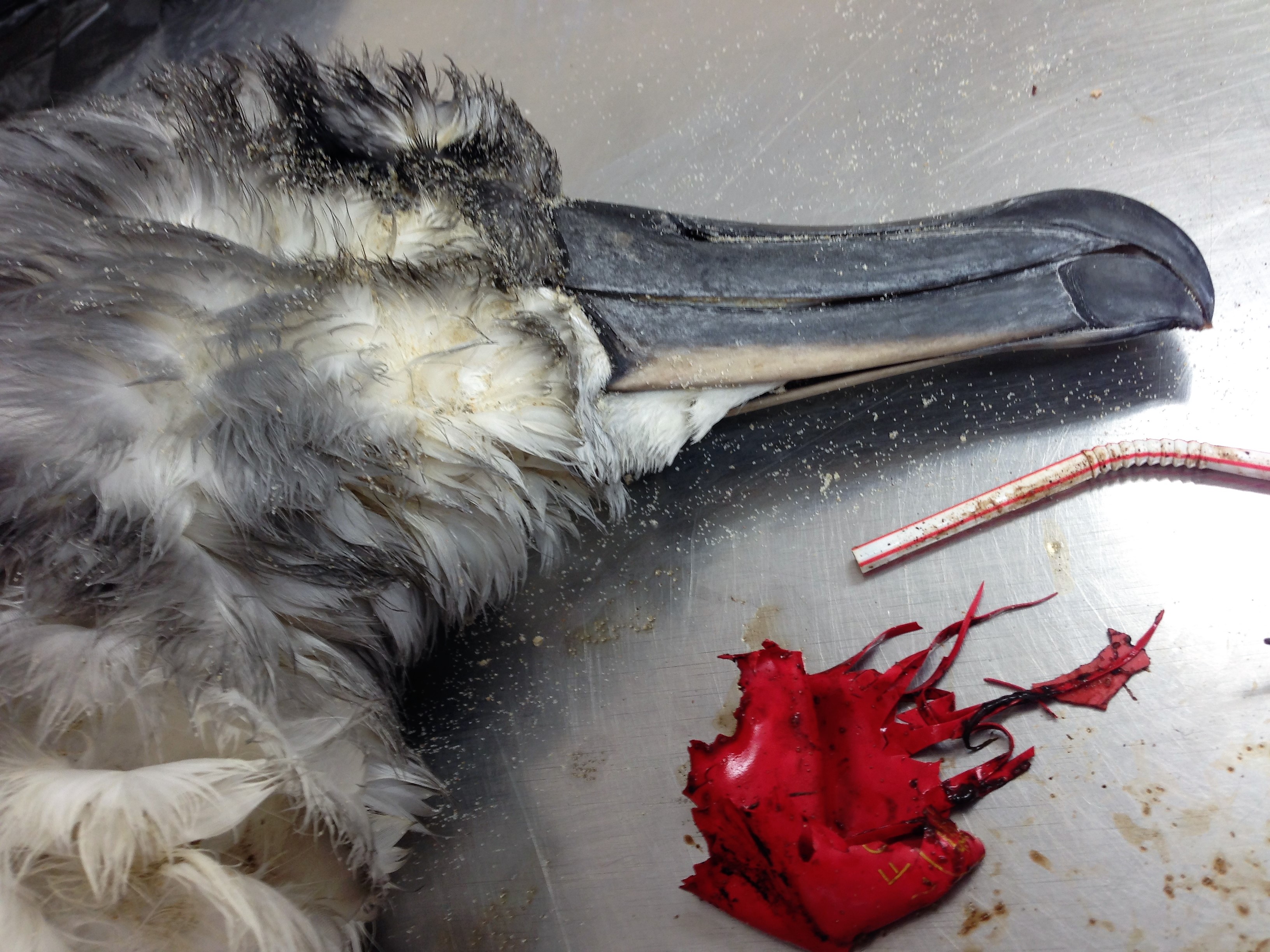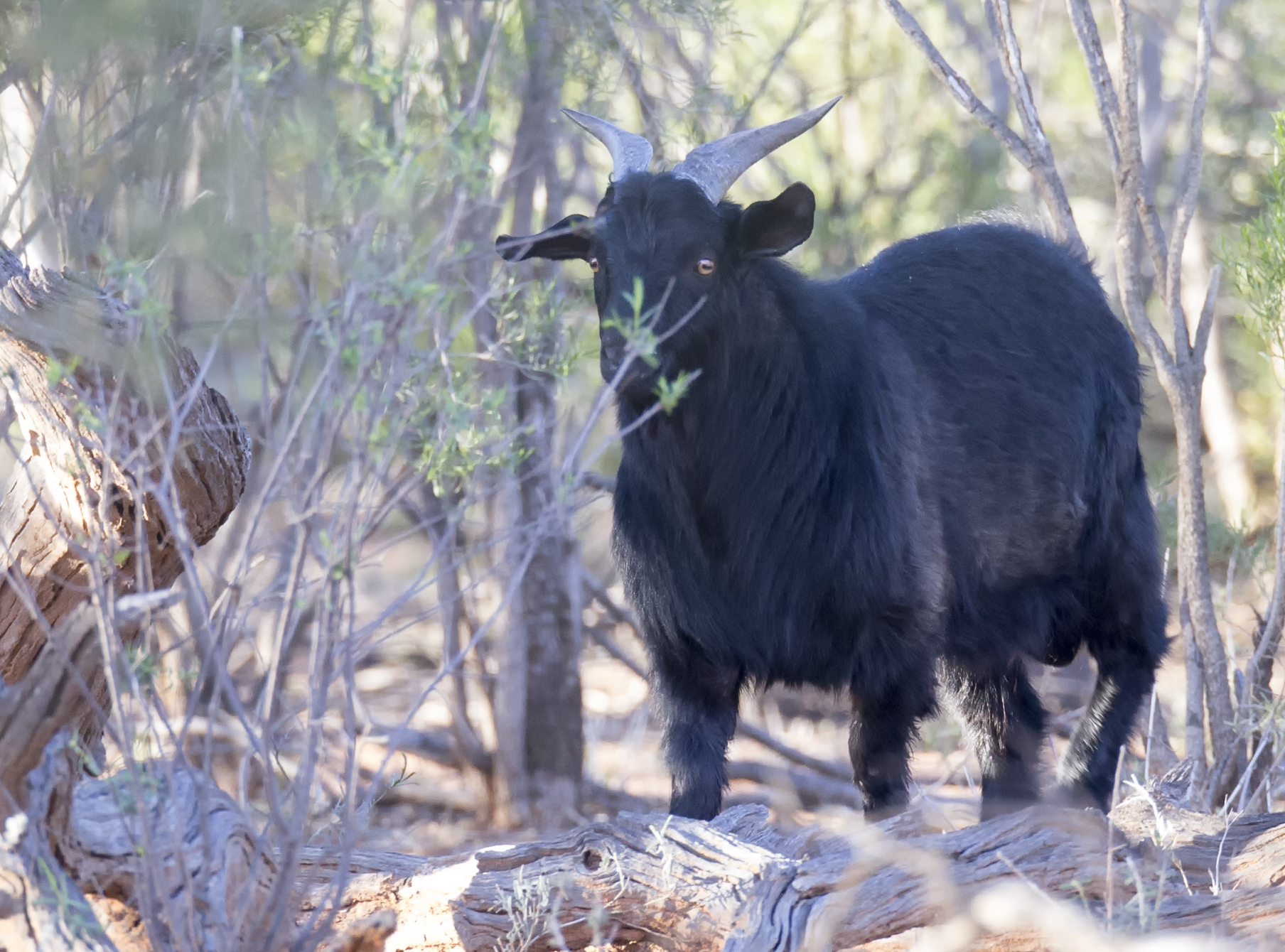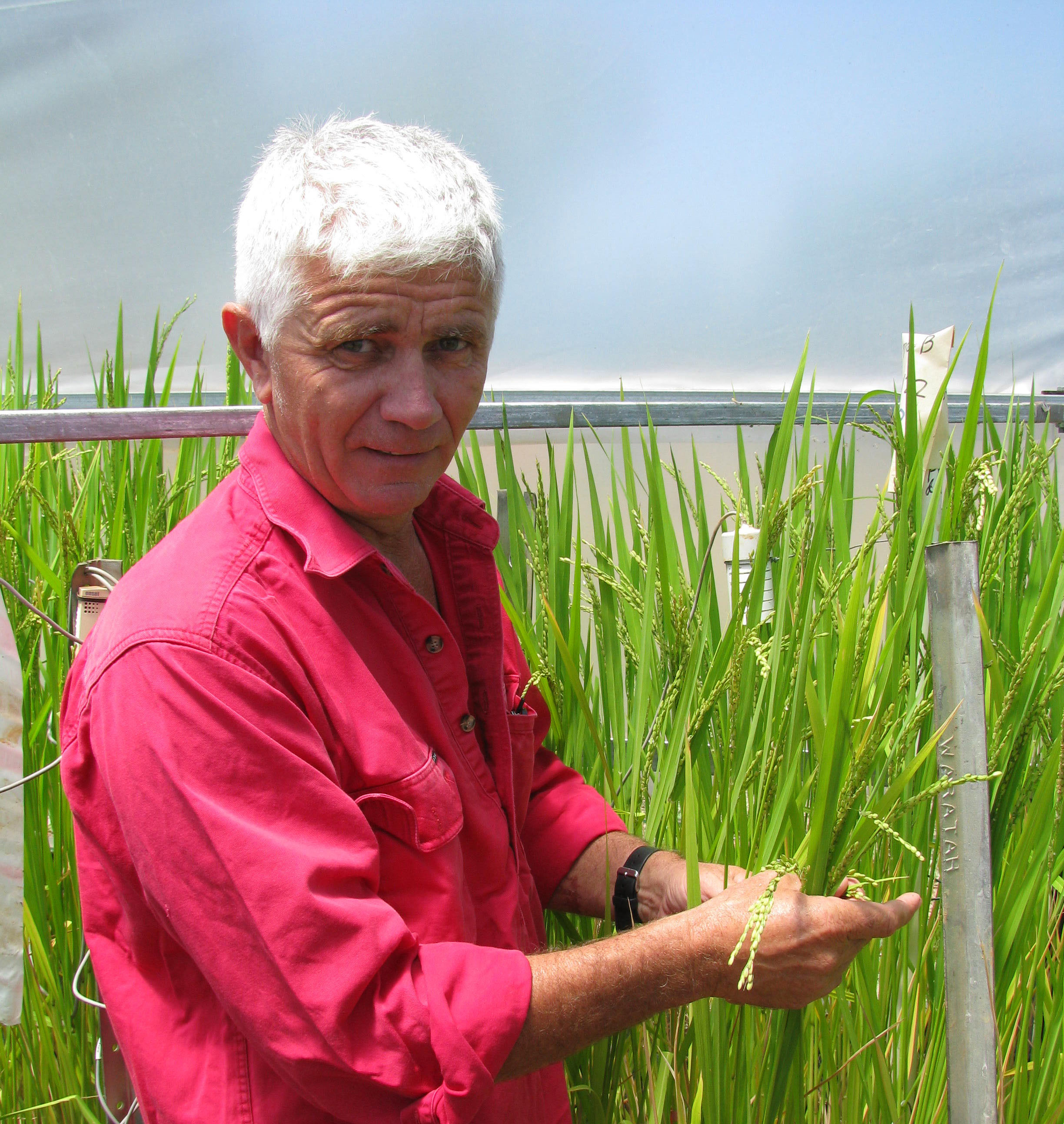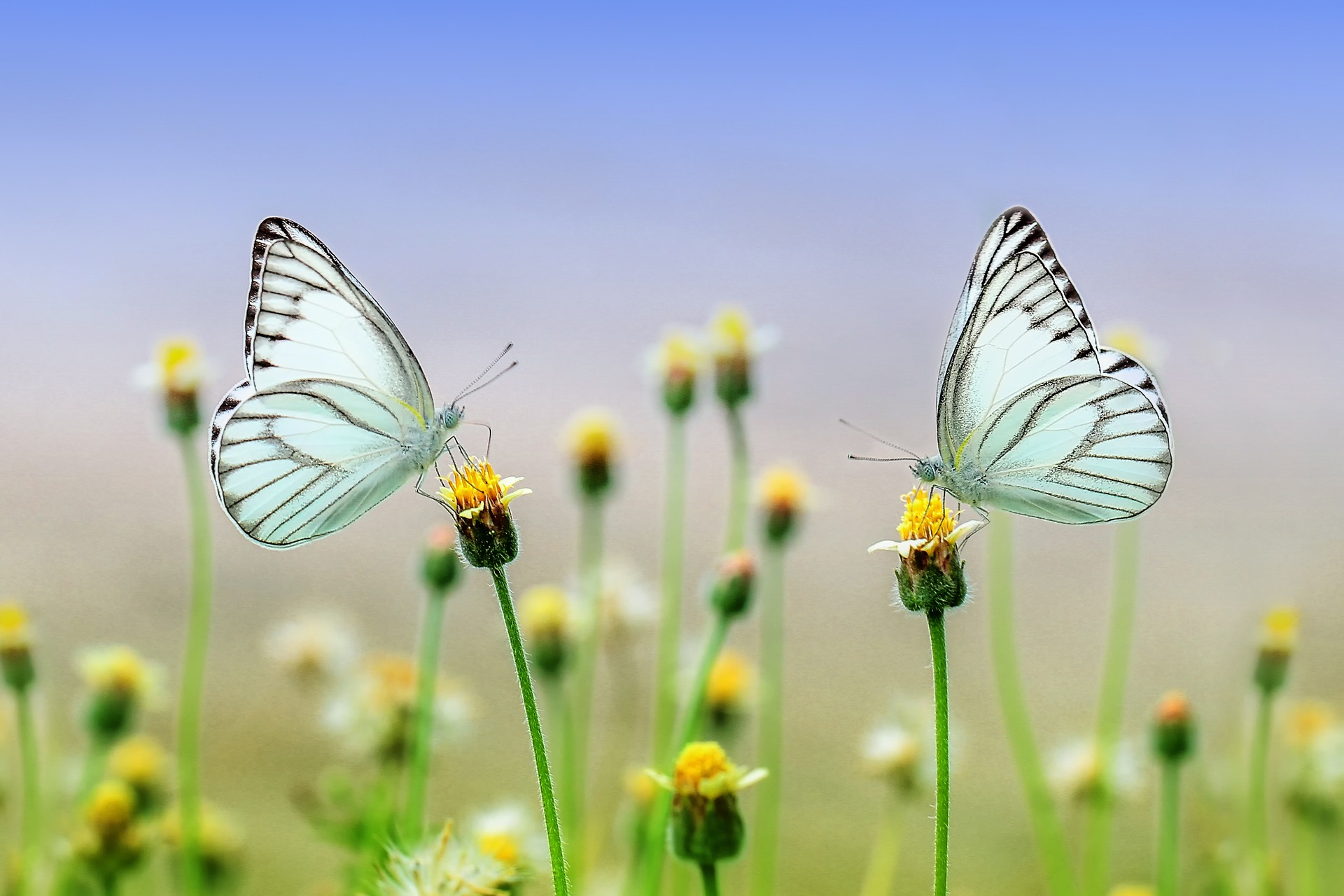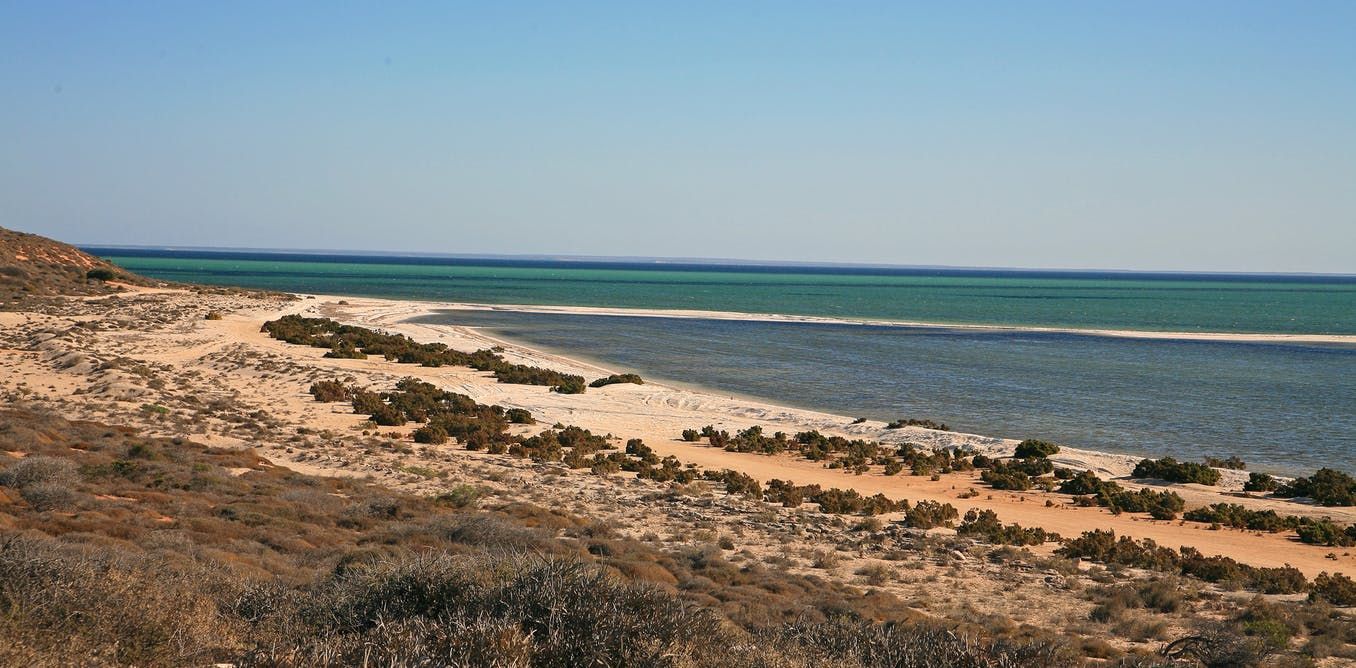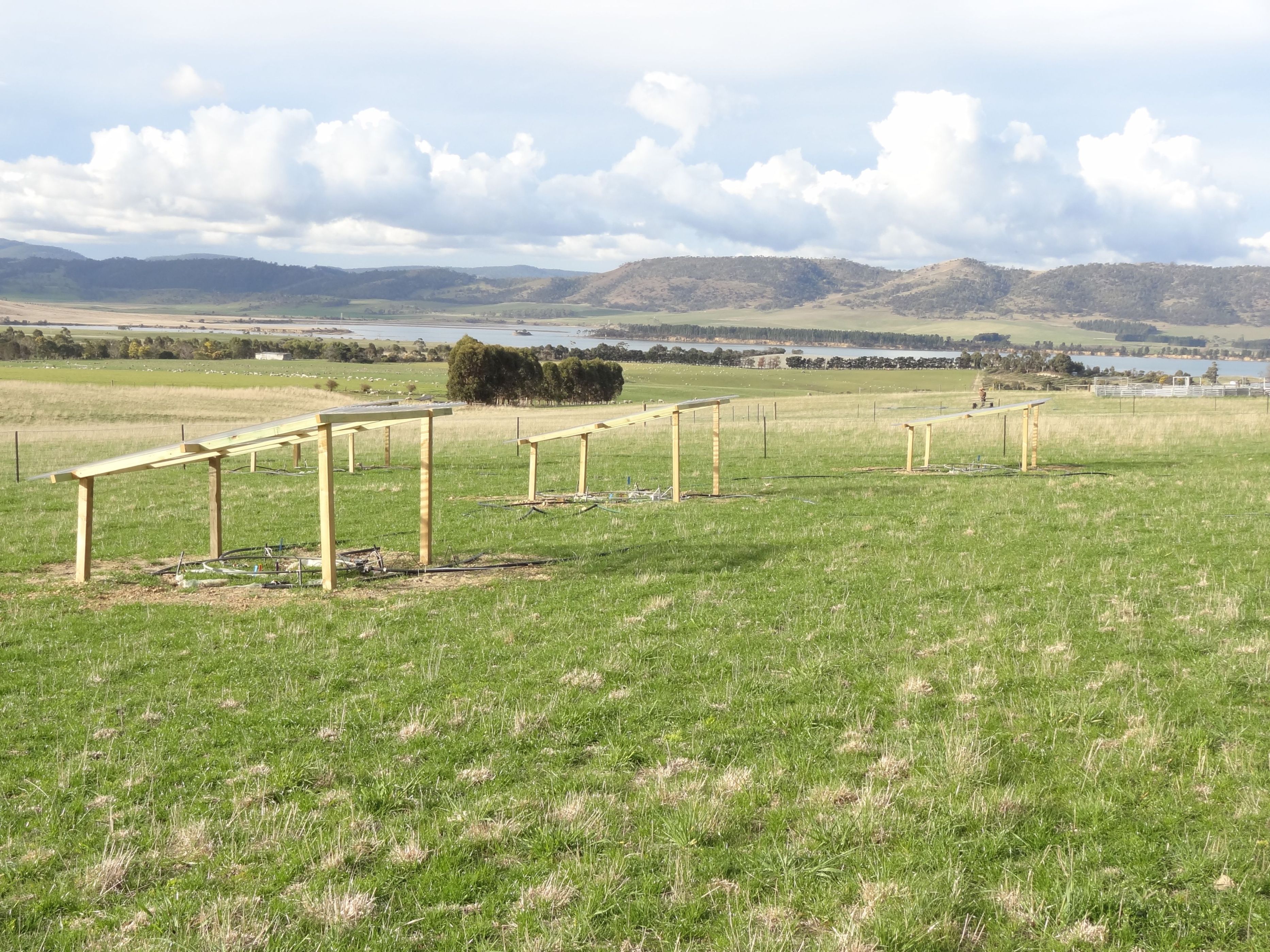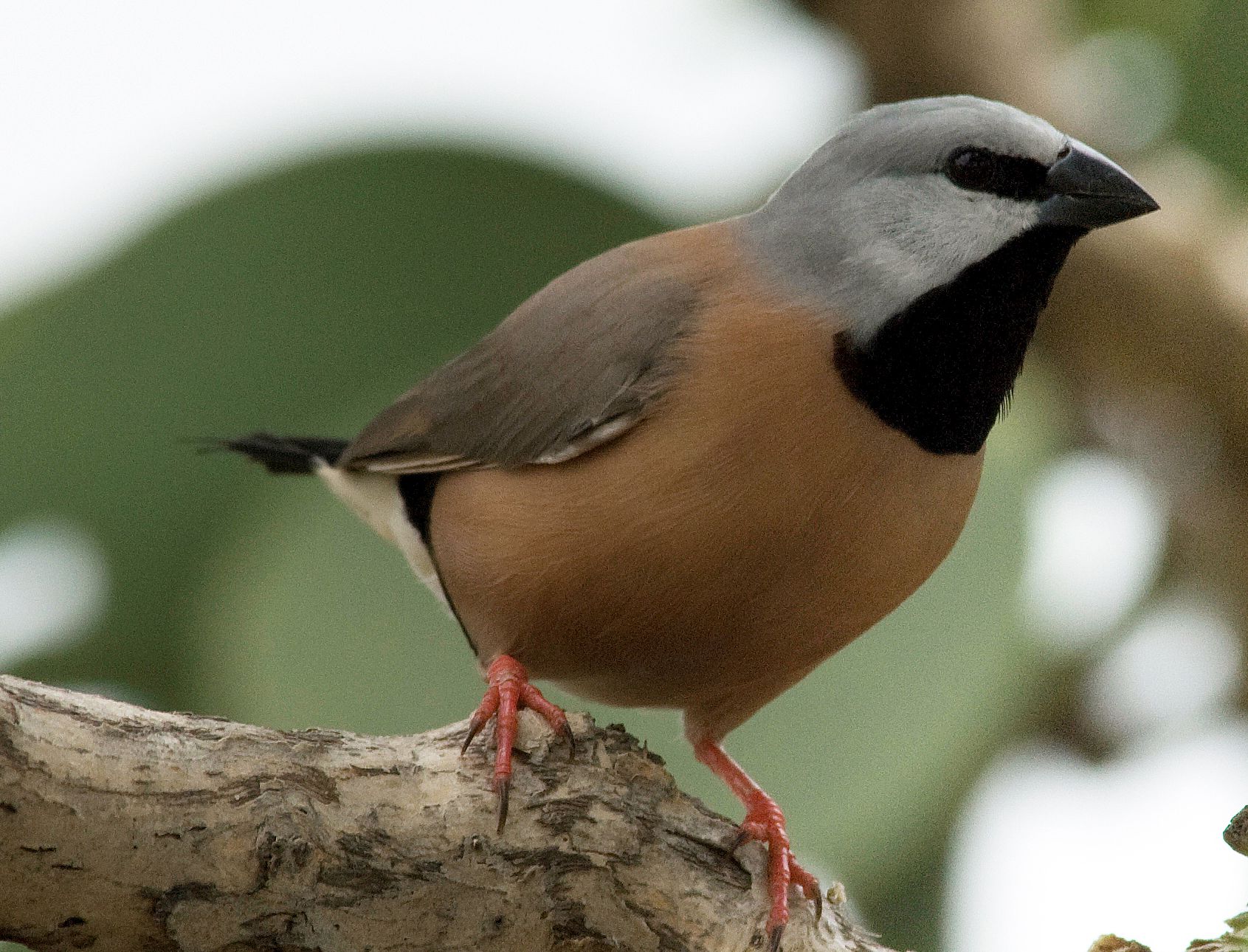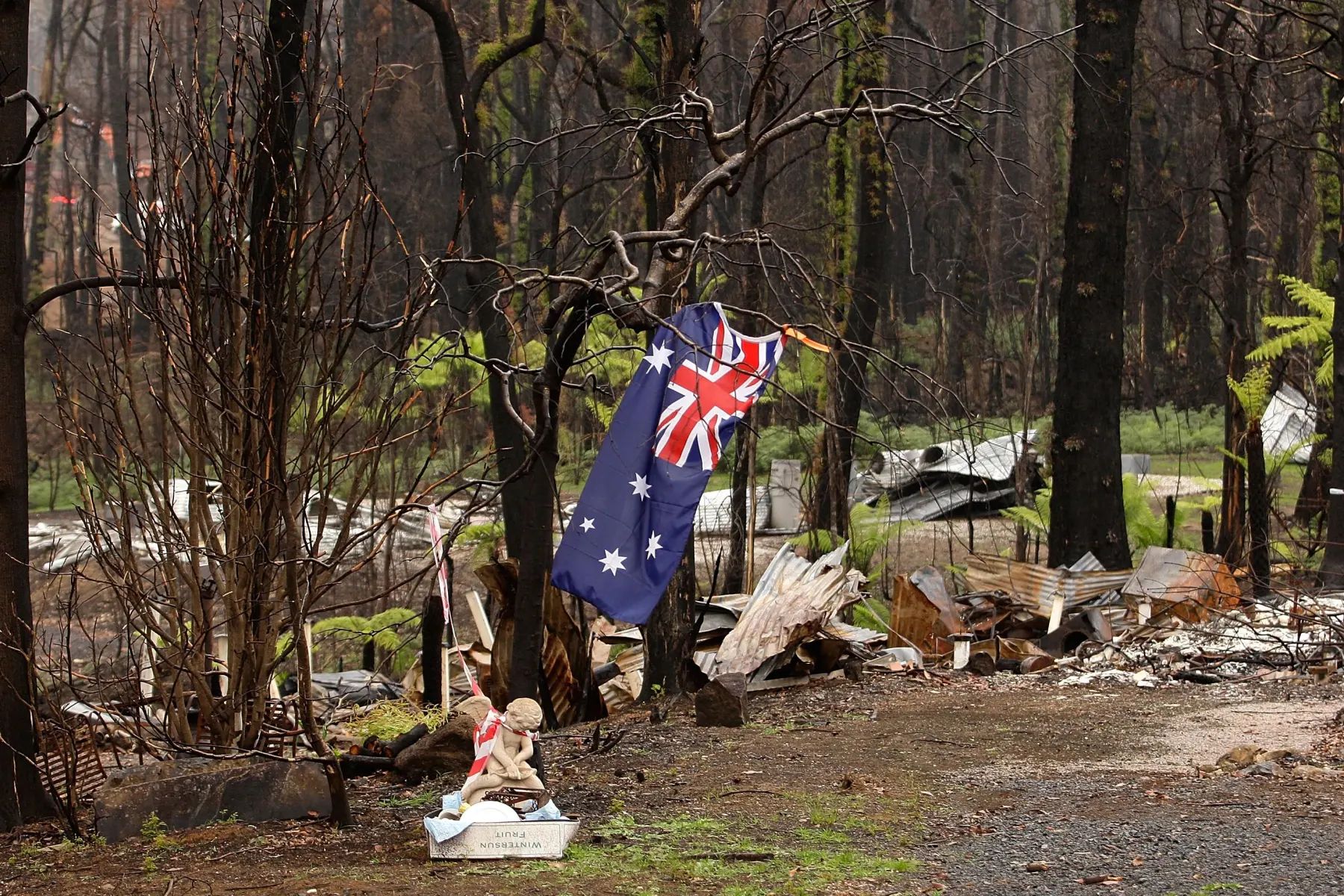-
Droughts, extreme weather and empowered consumers mean tough choices for farmers
Steve Hatfield-Dodds | March 8, 2019Achieving the best for agriculture, our rural communities and the national economy will require tough choices as environmental concerns increasingly shape public attitudes and consumer choices towards destructive farming practises.
-
Hang on to your balloons to save our seabirds
Open Forum | March 5, 2019While recent bans on plastic bags have helped reduce one source of marine plastic pollution, it is balloons and their fragments which pose the biggest risk to turtles and seabirds.
-
Australia’s ten most damaging invasive species
Jaana Dielenberg | February 26, 2019Research has shown that invasive or pest species are a major problem for four out of five Australian threatened species, with rabbits, feral pigs and cats among the most destructive introduced animals.
-
A sharp new solution for waste glass
Open Forum | February 25, 2019A new process for turning broken glass into everyday products could save tens of millions of tonnes of glass from being dumped in landfill every year.
-
The difficult balancing act in the Murray Darling Basin
Phil Eberbach | February 21, 2019Low inflows of water into the Murray-Darling system and heavy agricultural extraction have contributed to the cataclysmic fish-kills of recent times, and better management of the system is required to avoid a repetition.
-
Preserved leaves tell a tale of floods and drought
Open Forum | February 20, 2019A study by University of Adelaide researchers and Queensland Government scientists has revealed what south-east Queensland’s rainfall was like over the last 7000 years – including several severe droughts worse and longer lasting than the 12-year Millennium Drought.
-
Insect populations face catastrophic collapse
Open Forum | February 19, 2019A research review into the worrying decline of global insect populations has revealed the catastrophic threat posed to 40 percent of species over the next 100 years, with butterflies, moths, dragonflies, bees, ants and dung beetles most at risk.
-
Saving Shark Bay
Ana Martins Sequeira | February 14, 2019Safeguarding Shark Bay from the effects of climate change requires a coordinated research and management effort from government, local industry, academic institutions, not-for-profits and local Indigenous groups – before any irreversible ecosystem tipping points are reached.
-
The grass is only greener when the rain falls in spring
Open Forum | February 12, 2019It has long been assumed there would be at least one significant benefit to rising carbon dioxide levels – extra growth in the world’s grasslands – but other factors have to align for this to happen.
-
Urban sprawl and climate change are increasing fire dangers
Janet Stanley | February 10, 2019Action has been taken to improve people’s safety in the event of bushfires, but two key risk factors – urban sprawl and climate change – aren’t being addressed.
-
How to make a finch extinct
Open Forum | February 7, 2019An endangered Queensland bird is at risk of extinction because environmental legislation is failing to protect its habitat, according to a University of Queensland-led study.
-
Learning the lessons from bushfires – again and again and again
Kevin Tolhurst | February 6, 2019There have been more than 50 formal inquiries into bushfire management in south-eastern Australia since 1939, but what lessons have we learned?


